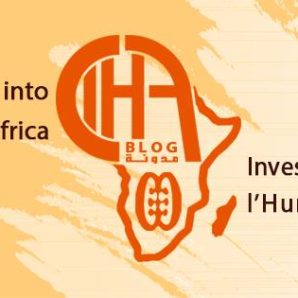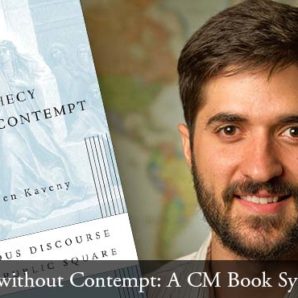
What next after 11/9 for the U.S.? Reactions, and a plea for lessons and wisdom from our friends and colleagues in Africa
The CIHA blog calls for sharing of experiences, wisdom, emotional and action-oriented responses to the recent election. Read the full article »
Read More →
The CIHA blog calls for sharing of experiences, wisdom, emotional and action-oriented responses to the recent election. Read the full article »
Read More →
